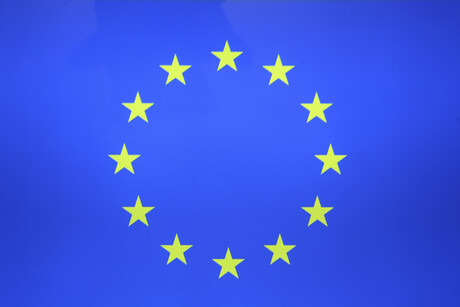Konferenz 19. - 20. März 2019 in Straßburg ICS
Media Pluralism - How can we deliver?
ENGLISH VERSION BELOW
Datum 19.-20. März 2019
Ort F-67000 Straßburg, Council of Europe (528 Avenue de l'Europe), Agora building, Room G02
Medien in all ihren Formen prägen unseren Alltag mehr denn je - sie beeinflussen die Art und Weise, wie wir arbeiten und uns entspannen, wie wir uns informieren und bilden, wie wir uns am gesellschaftlichen Leben beteiligen.
Es scheint daher für uns alle wichtiger denn je, mehr über Medien zu wissen, genauso wie über die Lebensmittel, die wir essen: woher sie kommen, wie sie hergestellt werden, wer sie verkauft und was die rechtlichen Maßstäbe sind. Auf der Suche nach einer "Ernährung" mit genauen und zuverlässigen Nachrichten wird die Medienkompetenz oft als die "Wunderwaffe" im Kampf gegen Online-Desinformation und praktisch alles Böse in unserem Informationsraum angesehen. Aber ist das wirklich so? Und wenn ja, warum und wie genau?
Anlässlich der European Week of Media Literacy laden der Europarat und Reporter ohne Grenzen zu einer Konferenz ein:
Medienpluralismus - wie können wir etwas erreichen?
Wir werden sowohl akademische als auch regulatorische Aspekte diskutieren, um die Medienkompetenz zu untersuchen. Welche Normen gelten und wo liegen die größten Herausforderungen bei der Umsetzung? Wie kann evidenzbasierte Forschung die Politik in diesem Bereich besser informieren? Welche Rolle spielen Politik, Regulierungsbeauftragte und Wissenschaftler?
Die Konferenz wird einen Einblick in aktuelle Normen zu Medienpluralismus, Eigenverantwortung und Alphabetisierung geben, die in der Empfehlung CM/Rec(2018)1 des Europarats über Medienpluralismus und Transparenz des Medieneigentums enthalten sind, und Ideen für die Umsetzung dieser Normen in die Praxis liefern.
Details zum Zeitplan und eine Online-Registrierung werden bald auf der Seite des Europarats verfügbar sein.
ENGLISH VERSION
date 19-20 March 2019
venue F-67000 Strasbourg, Council of Europe (528 Avenue de l'Europe), Agora building, Room G02
Media in all its forms shapes our daily lives more than ever – widely distributed across various, increasingly online platforms, it impacts the way we work and relax, how we inform and educate ourselves, how we engage in civic participation and social life.
It seems thus more decisive than ever for all of us to know more about media just like about the food we eat: where it comes from, how it is produced, who sells it, and what the legal benchmarks are. In the quest for a diet of accurate and reliable news, media literacy is often considered the ‘silver bullet’ in the fight against online disinformation and practically all evil in our information space. But is that really the case? And, if so, why and how exactly?
On the occasion of the European Week of Media Literacy, the Council of Europe and Reporters Without Borders invite to a conference:
Media Pluralism – how can we deliver?
We will discuss both academic and regulatory angles to look at media literacy and provide a bridge between the two. What are the applicable standards and where are the main challenges for their implementation? How can evidence based research better inform policy making in this domain? What roles do policymakers, regulators and scholars play?
The conference will provide an insight into updated standards on media pluralism, ownership and literacy included in the Council of Europe’s Recommendation CM/Rec(2018)1 on media pluralism and transparency of media ownership, and ideas for embedding those standards into practice.
Details about the agenda and online registration via the Council of Europe website will soon be available.

Folgen Sie uns!